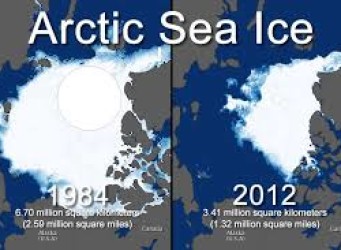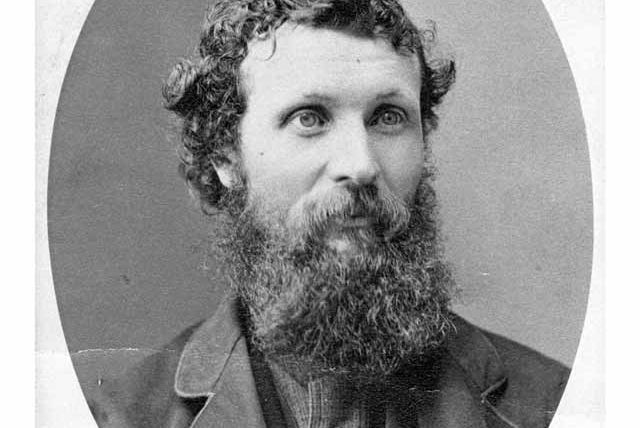Here’s more evidence of a warming climate and the affect it is having on our ecosystem the conclusion of which reflects the theme of most of my messages to you:
“It is essential that we take action now to reduce emissions and move toward a low-carbon economy and climate-resilient world. It is our shared responsibility to safeguard the Arctic and our planet from the ill effects of climate change, and we have no time to spare in doing so.”
I’d like to emphasize one particular point in this article. It is that
“the sea ice extent in the Southern Hemisphere reached 842,000 square miles, which was the second-lowest level in satellite record.”
I know some people that believe that humans are not causing the climate to change and point to the fact that there are parts of Antarctica where the glaciers are actually growing. That may be. Climate change affects different parts of the planet in various ways. It is clear though, that the planet is getting hotter and overall the warming of the planet is real and causing consequences to which we are going to have a very hard time adopting. Whatever we do now and in the near future, we’ve already built in increasingly harmful consequences. The best we can do now is to act quickly and decisively to avoid enormous disaster. The more volatile weather that is coming will be very costly in terms of dollars needed to be spent to adopt and in damage and human suffering.
Nevertheless, we CAN make a difference. And we MUST.
Sea ice hits 2nd-lowest level in 39 years
Arctic sea ice levels dropped to their second-lowest level in the government’s 39-year satellite record this winter, according to government data released Friday.
The almost-record-low ice extent was attributed to high temperatures over the Arctic Ocean, including an extreme February heat wave, according to a report released by the National Snow and Ice Data Center (NSIDC).
The ice growth season, which reached its peak on March 17, ended with very low sea ice levels in the Bering Sea on the Pacific side of the Arctic and in the Barents Sea on the Atlantic side. This winter’s Arctic sea ice extent reached 5.59 million square miles, the second lowest since 2017, when the ice grew to 5.57 million square miles.The four lowest seasonal Arctic ice levels have occurred during the last four years.
This year also marked the fourth winter in a row that February heat waves have been recorded over the Arctic Ocean.
The reduced ice cover occurred as the Arctic experienced a late autumn freeze-up, as well as persistent high air temperatures throughout the winter. The freeze-up was especially late in the Chukchi Sea in part due to strong ocean heat transported into the area through the Bering Strait, according to the NSIDC.
This year’s maximum ice extent was 448,000 square miles smaller than the average maximum recorded from 1981 to 2010. During that stretch, the ice levels grew to 6.04 million square miles.
Meanwhile, the sea ice extent in the Southern Hemisphere reached 842,000 square miles, which was the second-lowest level in satellite record. The minimum ice levels for this year — recorded on Feb. 20 and 21 — were only 27,000 square miles larger than the record low set in March 2017.
This year’s Antarctic minimum ice level was 259,000 square miles below the average ice extent recorded from 1981 to 2010.
Compared with the Arctic, Antarctic air temperatures this year have been closer to their climatological average, hovering within 4 degrees Fahrenheit of the 1981-to-2010 average.
The NSIDC data, which scientists said are still preliminary, drew warnings from the environmental community.



